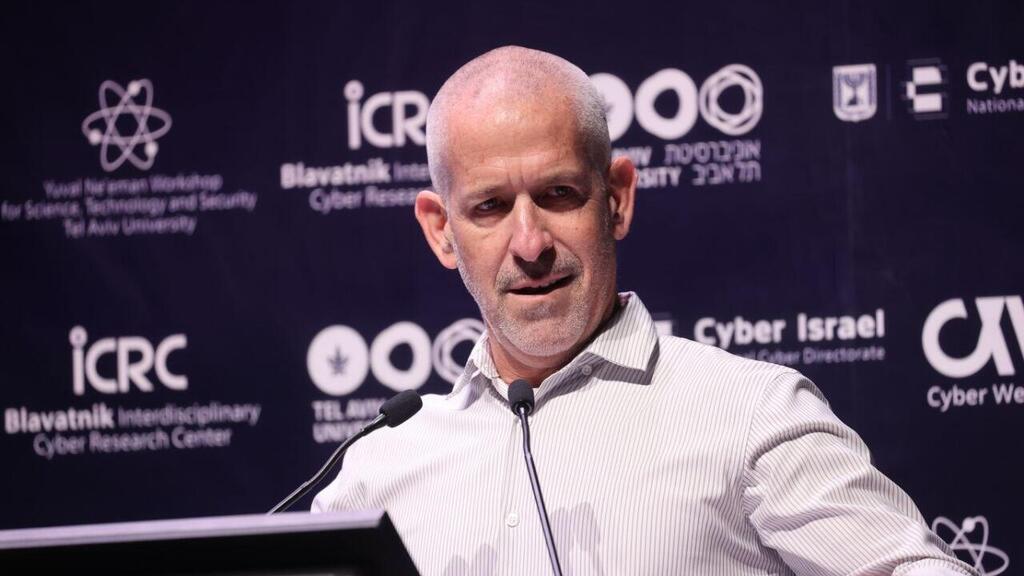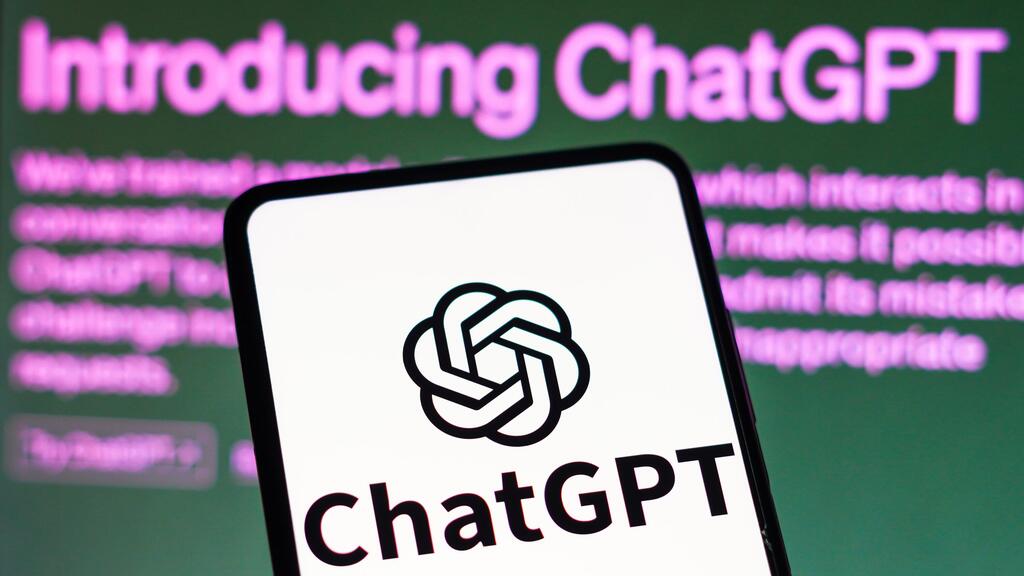Ronen Bar speaks at the Cyber Week event
Shin Bet Director Ronen Bar revealed Tuesday that the agency developed an AI-based chatbot resembling ChatGPT for internal purposes.
Read more:
Speaking at the Cyber Week event at Tel Aviv University, Bar said: "AI technology was naturally embedded in Shin Bet's counterterrorism mechanism. Using AI, we have identified a significant number of threats, and the device's ability to detect anomalies creates an effective defense barrier against our enemies, alongside the traditional capabilities of the Shin Bet, including human intelligence, signals intelligence, cyber, intelligence analysis and operations."
2 View gallery


Shin Bet Director Ronen Bar says his agency identifies threats posed by AI and also recognizes the opportunities it presents
(Photo: Moti Kimchi)
According to Bar, the Shin Bet also identifies threats posed by artificial intelligence, and also recognizes the opportunities it presents. "As part of implementing the technology in the organization, we have established the Gen AI On-Prem capability (generative artificial intelligence located on the organization's servers)," he revealed. "The capability is accessible to employees in an intuitive manner, and it can be interacted with similarly using familiar tools on the web, such as Gboard (Google's chatbot) and ChatGPT."
Bar also says that artificial intelligence assists the organization in streamlining operations, prioritizing tasks, intelligence gathering, decision-making and prediction.
Bar also addressed the challenges posed by artificial intelligence to the agency. The first challenge is the availability of technology, which, according to Bar, "is everywhere, in the hands of every person, country and organization, whether they are good or bad. Developing nuclear capabilities once required significant resources, but AI, with its enormous potential for harm, requires nothing more than a mobile device and an internet connection."
The second challenge, as Bar defines it, is the "temptation." This, according to Bar, means
that it "can be assumed that generative artificial intelligence will be able to tempt the user, most likely by delivering information quickly, extensively and without moral restraints, at the expense of accuracy and depth. As the user consumes content, the AI will provide them with the answers they want to hear. Since artificial intelligence will cater to the user's desires, it can be assumed that it will provide dangerous knowledge that, in one way or another, could fall into the wrong hands."
The third challenge that Bar discussed is the "lack of accountability."
"On the web, and also in AI, the basic normative requirement in every relationship system and in every society, which is accountability, does not apply. In the absence of accountability, only the 'law of the jungle' applies. Therefore, we will need to adapt Israeli regulation, redefine what constitutes secrecy, update the Shin Bet Law that was written in the SIGINT era to the cyber and AI era, and continue to be agile in the field of technology," Bar said.
"In order to ensure that AI leads to evolution and not revolution, we will need cooperation and openness between technology giants and security bodies," Bar said. He added that Shin Bet intends to establish a hub that will focus on generative artificial intelligence and assist startups and entrepreneurs in developing products that can meet security needs.
First published: 19:44, 06.27.23




